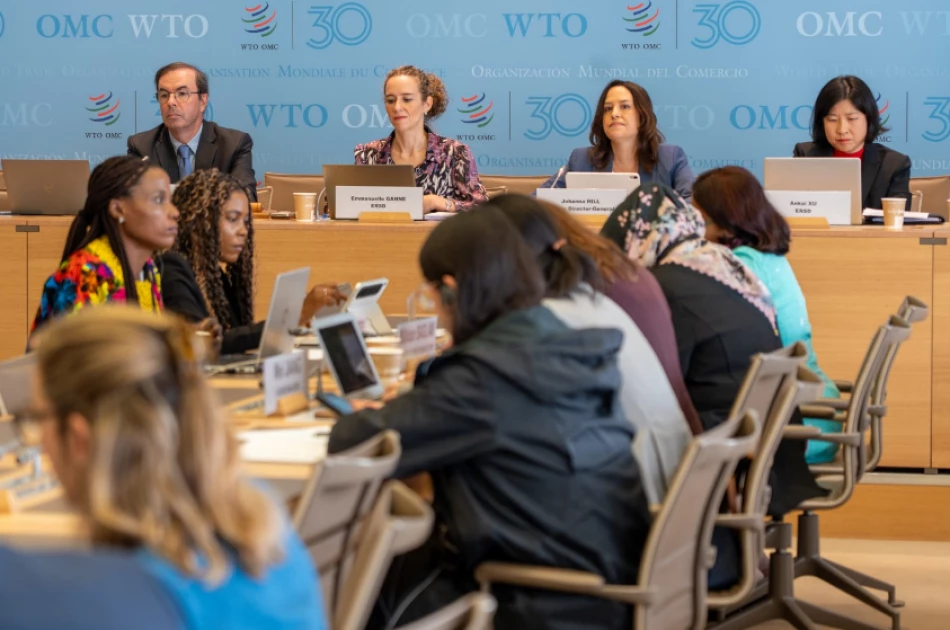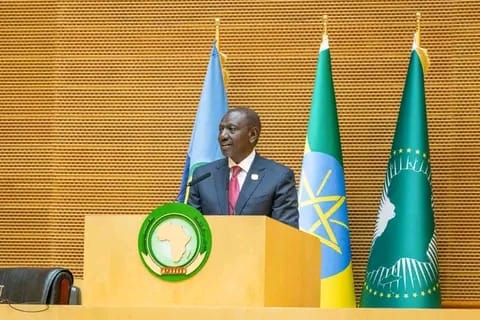
Kenya is strategically positioning itself as the central hub for digital trade and finance under the African Continental Free Trade Area (AfCFTA), a move that garnered significant attention at the 2025 World Trade Organization (WTO) forum in Geneva.
Delegates and experts at the forum observed a continental shift, noting that Africa’s digital economy is rapidly moving from ambitious policy frameworks into a phase of tangible implementation. Kenya, with its robust digital infrastructure and proactive policies, is leading this charge from the front.
The country’s pioneering mobile money platform, M-Pesa, was repeatedly cited as a continental benchmark for digital payments. Furthermore, Kenya’s early adoption of the Pan-African Payment and Settlement System (PAPSS) has solidified its status as a frontrunner in facilitating seamless cross-border transactions across Africa.
“By aligning its data protection laws with African Union standards and actively shaping the AfCFTA e-commerce negotiations, Kenya is carving out a strong and influential role in defining the future of the continent’s digital markets,” one participant noted.
This proactive stance is positioning Kenya to attract substantial foreign investment, particularly in high-growth sectors like fintech, logistics, and digital marketplaces. It also reinforces the nation’s potential to act as the primary gateway for regional e-commerce under the massive AfCFTA agreement.
The forum highlighted that Africa’s digital integration is being powered by key milestones, including the AU Digital Transformation Strategy, the launch of PAPSS, and the recent 2024 AfCFTA Protocol on Digital Trade. The anticipated finalization of a full Digital Trade Annex in 2025 is expected to provide even greater certainty for investors and businesses eager to tap into Africa’s fast-growing digital economy.
This shift promises to unlock a wave of new opportunities for businesses in logistics, fintech, and e-commerce as improved digital infrastructure drastically reduces transaction costs and expands market access to a population of over 1.4 billion people.
However, experts issued a crucial warning alongside their optimism. They cautioned that for sustainable growth, Africa must ensure its AU digital strategies are perfectly aligned with AfCFTA rules. The continent must also navigate complex challenges, including safeguarding its digital sovereignty and carefully designing digital tax policies to avoid inadvertently stifling the innovation and growth it seeks to foster.
As the world watches, Kenya appears to be not just participating in Africa’s digital revolution, but actively architecting it.




